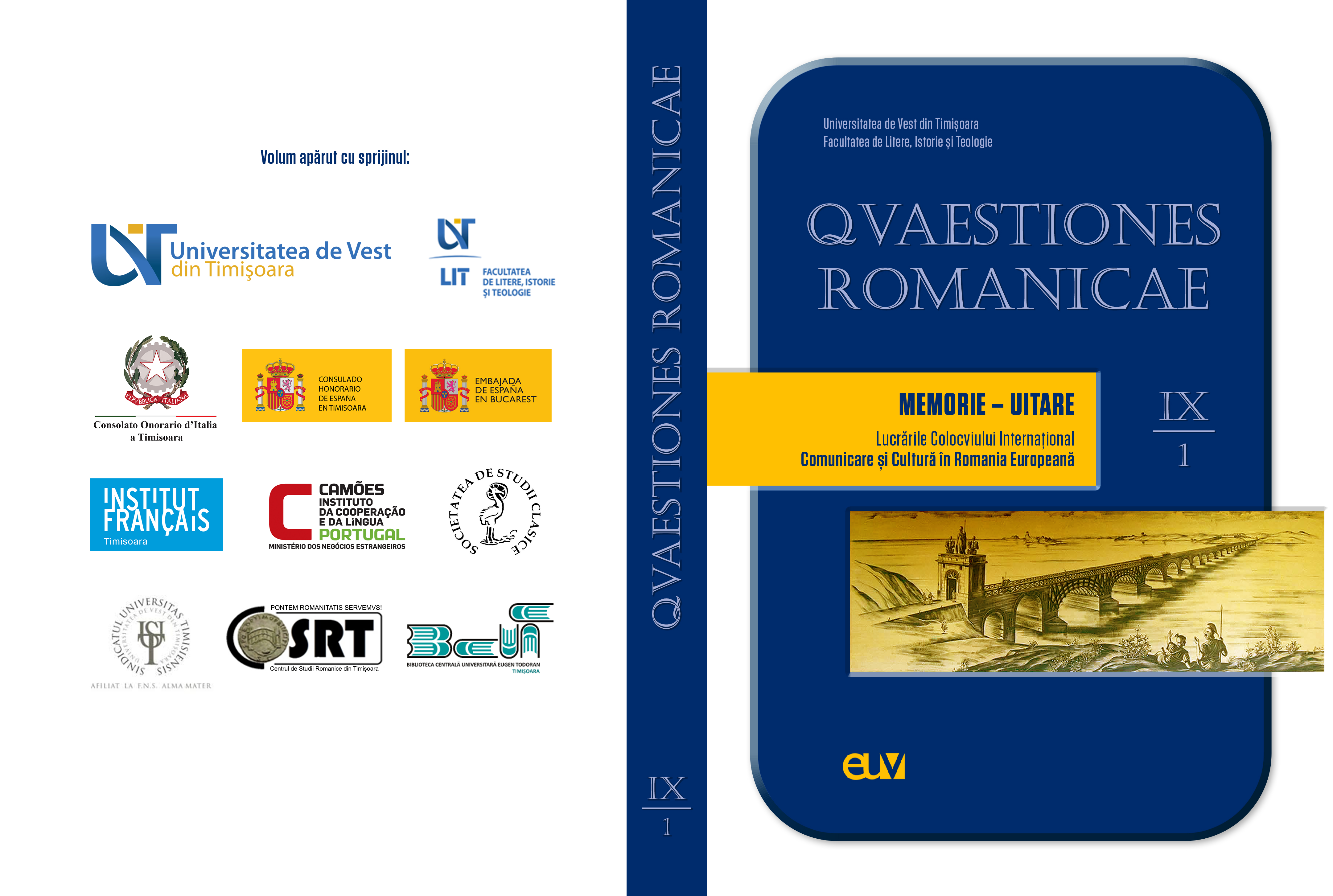Rememorări ale sinelui în România postcomunistă. Cazul Letiția Branea
Recollections of the Self in Postcommunist Romania. The case of Letiția Branea
Author(s): Elena CrașovanSubject(s): Language and Literature Studies, Poetry, Romanian Literature, Transformation Period (1990 - 2010), Post-Communist Transformation, Migration Studies
Published by: Universitatea de Vest din Timişoara
Keywords: post-communism;i dentity; memory; migrancy; nostalgia;
Summary/Abstract: The aim of this paper is to analyse the recollections of the self in the case of Letiția Branea, the main character in Gabriela Adameșteanu’s novel, Fontana di Trevi (2018). Now a sexagenarian living in France, Letitia returns, periodically, in the Romania of the 2000s, in order to reclaim the possession of her uncles, killed by the communist regime. Her returns “home” reactivate her memories and force her to redefine herself in relation to her previous identities. Thus, the identity imaginary is constituted in a fourfold relation. First, in relation with the problematic identity of the migrant trapped between two spaces, unable to fully belong to any of them. Secondly, the heroine cannot integrate her personal history within the history of her country of origin. She sees the precarious democracy of the ‘90s from outside, with distant, ironical eyes, while representing herself and her friends as “communist people”, unable to adapt to the new realities. Her own identity is defined by this tension that marked her generation: between expectation and expiration. Thirdly, the social and historical dimension of the identity fracture is doubled by a fractured intimacy: Letitia’s new “winner identity” is based on the rejection of her old identity, of her youth under the Ceaușescu regime, marked by an adulterous relation and an illegal abortion that mutilated her body. Fourthly, Letitia also rejects her biological age: she appears as a false winner who cannot meet her alternative selves but in sleep, while her rational self represses, aseptically, both the toxic memories of the past and the threatening projections of an unstable future. Haunted by the spectres of the past and the nightmares of the future decay, Letitia is unable to live her present. This inner tension sustains the particular mixture of nostalgia and cynicism, which is the hallmark of Adameșteanu’s novel.
Journal: Quaestiones Romanicae
- Issue Year: IX/2021
- Issue No: 1
- Page Range: 323-337
- Page Count: 15
- Language: Romanian

